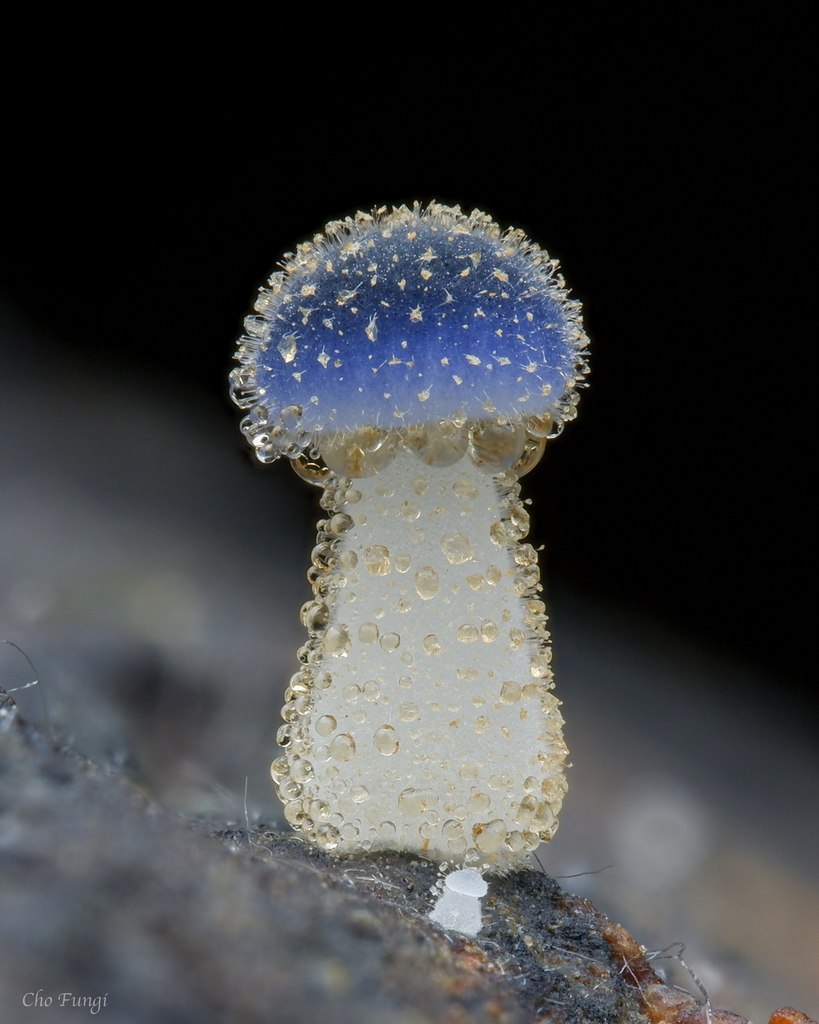"Visualizing the Interconnections Among Climate Risks" - National Institute for Environmental Studies, Japan
Visualizing the interconnections among climate risks: Climate change affects multiple sectors in virtually every part of the world. Impacts on one sector may influence other sectors, which we call 'interconnections of climate risks'.
Our easy-to-understand risk maps and flowcharts show how changes in climate impact natural and socio-economic systems, ultimately affecting human security, health, and well-being. Our methodology can be used as a communication tool to inform decision makers, stakeholders, and the public about the cascading risks triggered by climate change.
(Public Release, EurekAlert! - AAAS; February 28, 2019)V
Visualizing the interconnection among climate risks - Contributing to the understanding of global warming impacts
(Press Relations, National Institute for Environmental Studies, Japan; 2019-2-28)
http://www.nies.go.jp/whatsnew/20190228/20190228-e.html
Visualizing the Interconnections Among Climate Risks
(YOKOHATA et al., 2019)
https://agupubs.onlinelibrary.wiley.com/doi/epdf/10.1029/2018EF000945

(Diagram retrieved from YOKOHATA et al., 2019)
Our easy-to-understand risk maps and flowcharts show how changes in climate impact natural and socio-economic systems, ultimately affecting human security, health, and well-being. Our methodology can be used as a communication tool to inform decision makers, stakeholders, and the public about the cascading risks triggered by climate change.
(Public Release, EurekAlert! - AAAS; February 28, 2019)V
Visualizing the interconnection among climate risks - Contributing to the understanding of global warming impacts
(Press Relations, National Institute for Environmental Studies, Japan; 2019-2-28)
http://www.nies.go.jp/whatsnew/20190228/20190228-e.html
Featured Research Article:
Visualizing the Interconnections Among Climate Risks
(YOKOHATA et al., 2019)
https://agupubs.onlinelibrary.wiley.com/doi/epdf/10.1029/2018EF000945

(Diagram retrieved from YOKOHATA et al., 2019)



Comments
Post a Comment